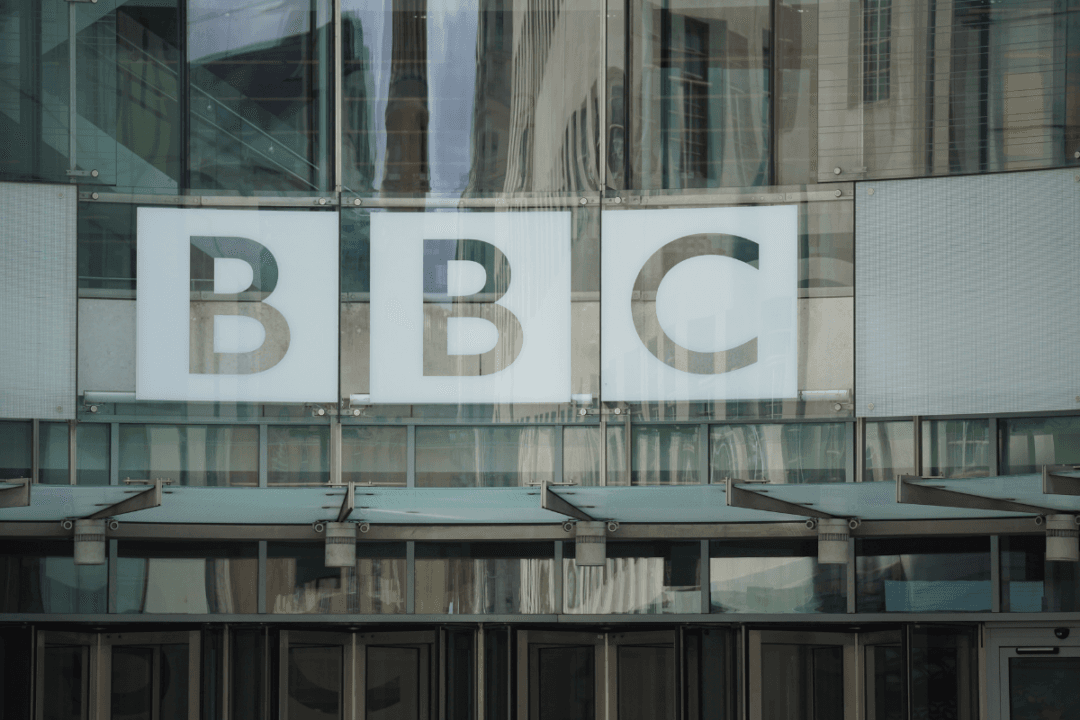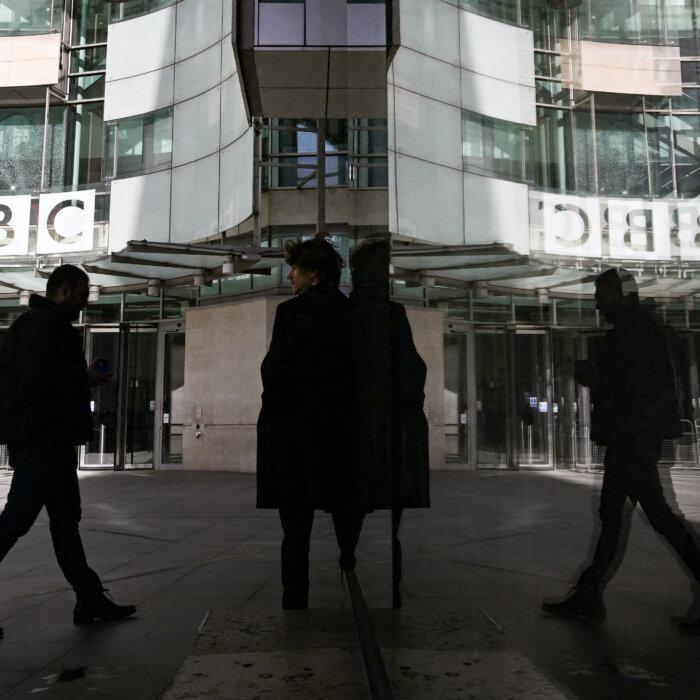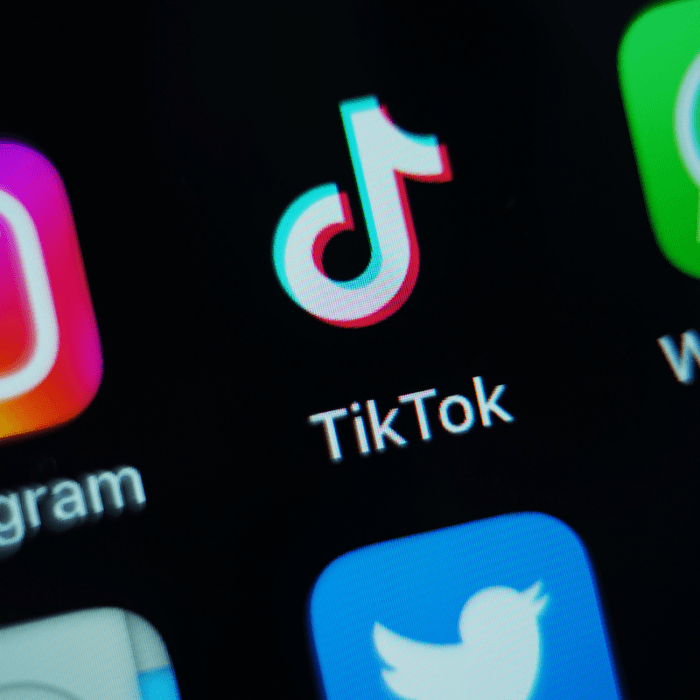Peers in the House of Lords have called for the decriminalisation of BBC licence fee evasion, noting that non-payment results in a disproportionate number of women being prosecuted.
Baroness Hoey made the call in the chamber on Tuesday after asking the government what assessment had been made on the number of women who have been prosecuted for non-payment of the television licence in the past two years, noting that around 1,000 people a week are prosecuted for non-payment and that 70 percent of those are women.
The non-affiliated peer then criticised the use of the single justice procedure, which she said means that “very often, the mitigating circumstances are not heard. The magistrate is even sitting at home.”
“And it’s the elderly and the disabled who are more likely—and the poorest—to be prosecuted,” she added.
Baroness Hoey asked, “Does the noble minister not agree that it really is time to decriminalise the non-payment of the BBC licence fee, as the government promised on many occasions before the last general election?”
Speaking on behalf of the government, Conservative peer Lord Parkinson of Whitley Bay responded that the “noble Baroness is right to point to the disproportionate impact that it has on women. And the government, as I say, remains concerned that a criminal sanction for licence evasion is increasingly disproportionate and unfair in our modern public service broadcasting system. That’s why we will look at this matter as part of the future funding review.”
‘Incentivised to Prosecute Women’
Baroness Hoey, the former Labour MP for Vauxhall, also claimed that private companies are incentivised to bring about prosecutions, noting that Capita has £456 million contract to collect and enforce the licence fee.“Most of them are on a bonus pay scheme, depending on how many prosecutions they get,” the peer said.
Fellow non-affiliated peer Baroness Fox of Buckley likewise raised the issue of private companies “incentivised to prosecute women.”
The former Brexit Party MEP observed that “the urgency with which people are suggesting this is looked at is not helped by the fact that we are going through a very serious financial time, and it is likely that there’s going to be more—not less—people in this difficult situation.
“Can the noble minister take note of what the original question said, which is there’s a danger of this being abused by private companies incentivised to prosecute women in this situation?”
Baroness Fox added: “People who are vulnerable and victims; it’s got nothing to do with BBC bashing. It’s got everything to do with recognising that women have been discriminated against unfairly. But something which, in the scale of the problems of society, really, the government should just deal with now.”
Lord Moore of Etchingham also related that when he was fined for refusing to pay the television licence at Hastings Magistrates Court, he had noted “that all the other people who were being charged were single mothers.”
29,000 Women Prosecuted for Licence Fee Evasion in 2023
Lord Parkinson responded that the number of women being prosecuted is falling, stating that in the year ending June 2022, there were 35,000 women prosecuted, while in the year ending June 2023, that figure was down to 29,000.“The number is coming down,” Lord Parkinson said, “But the disparity between the sexes is indeed stark, with women still making up around three quarters of people prosecuted,” reiterating the government will consider this in its future funding review of the BBC.
In the UK, residents must have a TV licence if they watch or record programmes on a television, computer, tablet, mobile phone, or any other device that can receive a TV signal. A licence is also required for watching or downloading programmes on BBC iPlayer.







